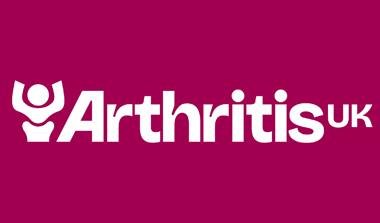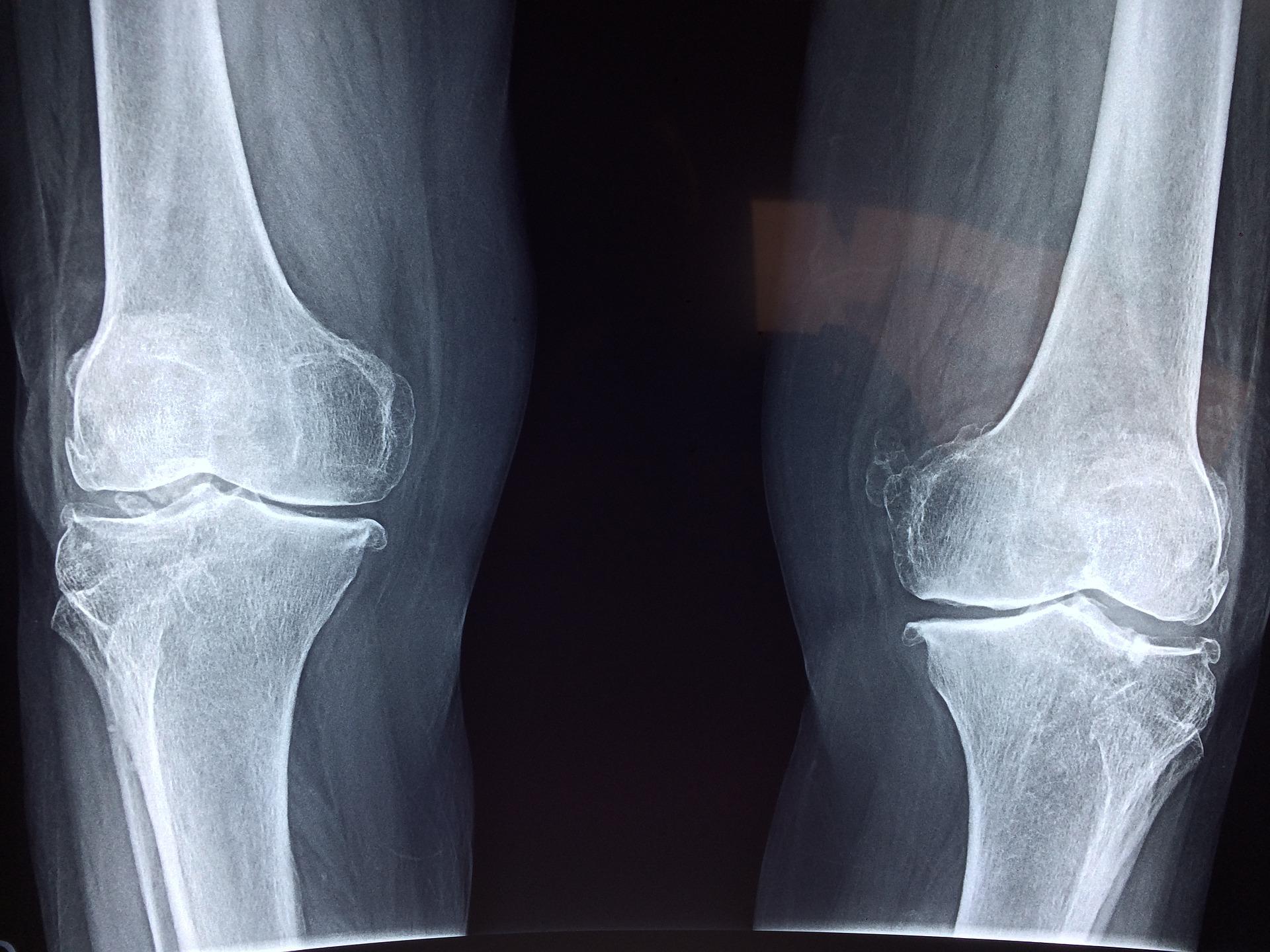Symptoms
It’s estimated that somewhere between 1.8 million and 2.9 million people in the UK have fibromyalgia. It most commonly develops between the ages of 25 and 55, although children can also get it. It appears that more women are diagnosed with fibromyalgia than men.
Does it run in families?
We don’t know for sure whether fibromyalgia can run in families. It’s thought that people can inherit genes that make them more likely to get fibromyalgia, and the condition can then be triggered by an injury, physical or psychological trauma, or stress. The main symptoms of fibromyalgia are:
- pain – you may feel as though you’ve got pain that spreads throughout your entire body, with certain parts – such as your neck and back – feeling particularly painful
- tiredness, fatigue and generally feeling like you have no energy
- sleeping badly – waking up feeling unrested
- aching and stiffness, which often feels worse during or after you’ve been active.
It’s common for your condition to flare-up, making your symptoms suddenly worse. Fibromyalgia can also cause:
- forgetfulness or poor concentration
- stress, worry or low mood
- tingling, numbness or swelling of your hands and feet
- headaches
- restless legs syndrome – a tingling, uncomfortable feeling in your legs, especially at night
- irritability, or feeling low or weepy
- feeling like you urgently need to wee, especially at night
- painful menstrual periods
- diarrhoea, constipation and stomach pain – sometimes separately diagnosed as irritable bowel syndrome (IBS)
- increased sensitivity to things like cold, sound, knocks and bumps
- tender or overly sensitive joints and muscles.
The pain may feel like it’s affecting your whole body, or it may be particularly bad in just a few areas. Some people say their pain gets worse in extreme temperatures, such as very hot, cold or damp weather.
People often say that besides the pain, fatigue is the worst part of fibromyalgia. This can be linked to a difficulty to think clearly or remember things properly, which is sometimes called fibro fog or brain fog.





























































